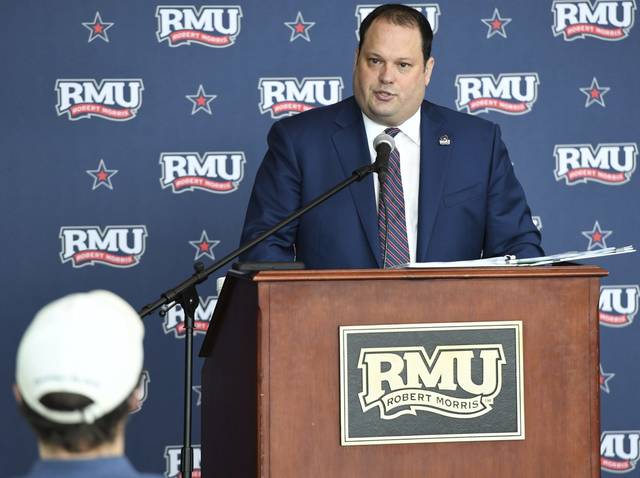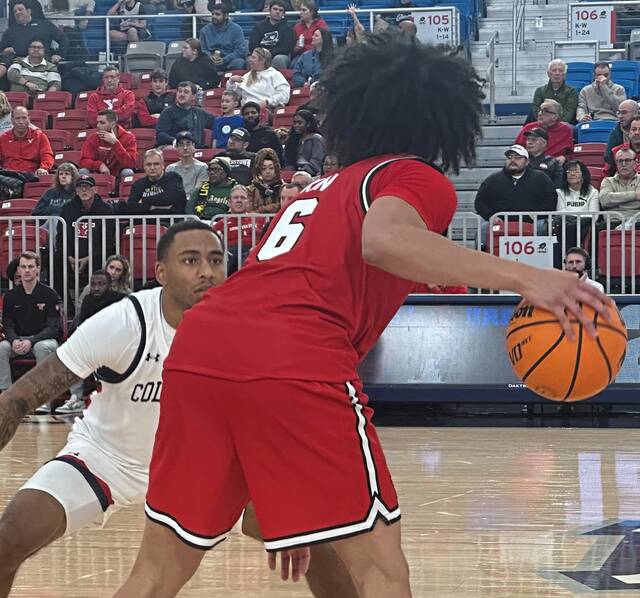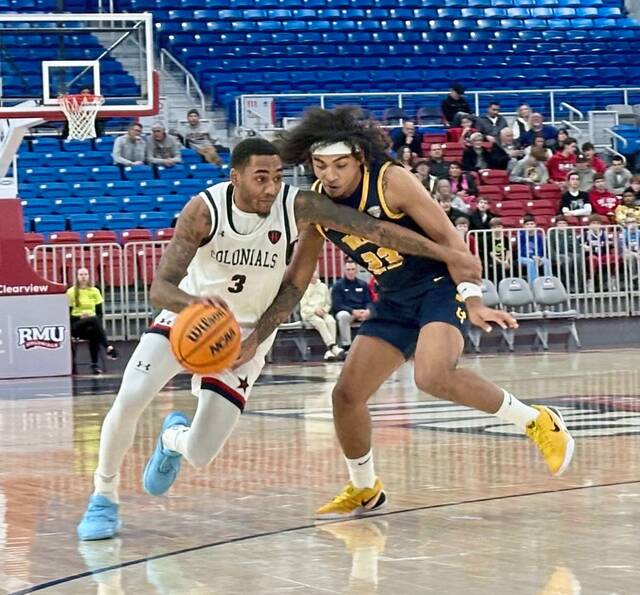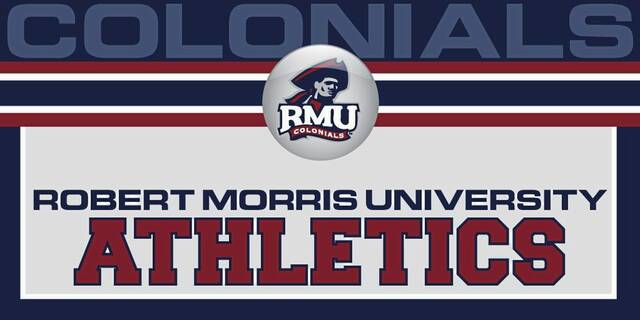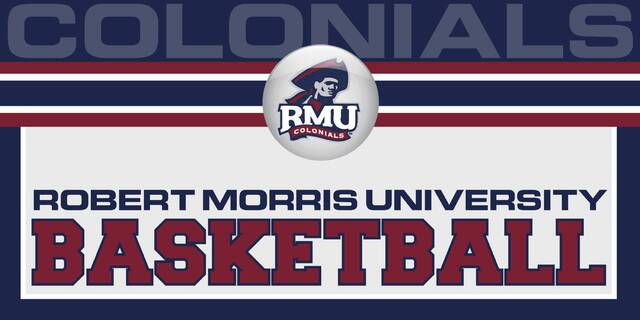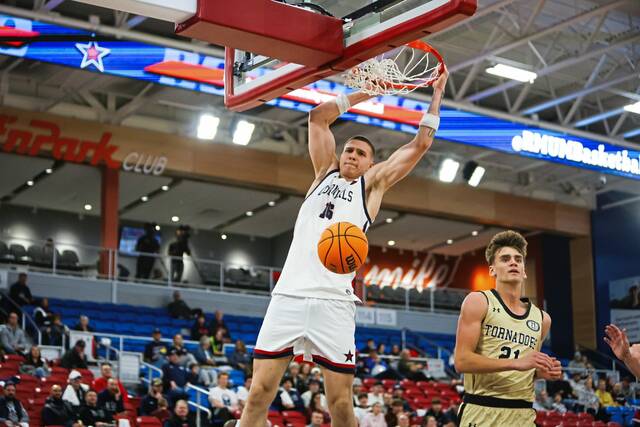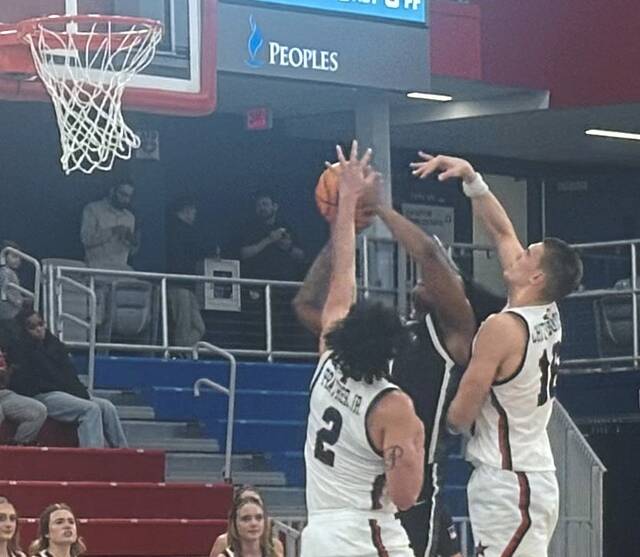I’m getting to that point with college sports.
That point when you think, “Shut it down until there is a coronavirus vaccine. Or a treatment. Or national infection rates are next to nothing.”
I’m conflicted. Because I’m also at a point where I think, “Just play through it. We aren’t getting a wonder drug for years to come. If we are waiting for infection rates of zero, that will never happen. So let’s return to real life and start learning how to manage this virus better rather than hiding from it in hopes it magically disappears.”
Otherwise, what is the college sports world doing?
This endless parade of moving dates and revamping schedules. Conference X wants to play, but Conference Y is shutting down. Most of the Big Ten is onboard with punting on football. But Nebraska and Iowa want to play. The Big 12 is moving forward, the Pac-12 is locking the doors, and the ACC doesn’t know what to do yet.
Well, aside from accepting Notre Dame’s TV money. That they’ll gladly do.
If any of you feel that way, too, how must college athletic directors be feeling?
Shut down football, but keep cross country going? Move football back to spring, and baseball up to fall? Delay hockey and basketball until Jan. 1? Or just scrap their seasons right now?
How practical is it from a support, scholarship and budget-planning basis spinning all those plates at once?
Furthermore, from a training and planning perspective, is it fair to keep players and coaches operating in this gray area for the foreseeable future? Or is it more appropriate to turn some of these scholarship commitments and coaching contracts loose?
Basketball players may be sitting on options to play professionally while waiting for a college basketball season that may never happen. Hockey players have NHL, junior and minor-league opportunities that could be in the balance. International students hoping to come to the United States on athletic scholarships might be wise to postpone those decisions and just stay home and take classes online.
Not to mention assistant coaches who may be furloughed or are uncertain whether their jobs will be available for winter or spring sports. They could have other avenues toward openings in professional sports or jobs outside of the sports realm.
All that is to say, we are at the point for the NCAA where it just makes more sense to go one way or the other — play through the virus or shut it down until there is a vaccine.
The first option doesn’t seem feasible. The degree of health risk can be debated. The liability risks cannot. That’s why colleges are in the bind that pro sports aren’t.
We can virtue signal all we want about stopping the coronavirus spread and worrying about infection for the players.
Yeah. Of course. We all know that already.
But the truth is, these players are unpaid students, playing for a scholarship. If someone gets sick, the legal exposure may be massive — for the school, the conferences and the NCAA.
There’s no luxury of a union-sanctioned collective bargaining agreement here. And medical waivers won’t do it. Especially with all the recent talk about myocarditis and other aftereffects being linked to the disease.
So should college sports just admit defeat and pull the plug until the medical community makes advances?
On Wednesday, Robert Morris announced its new football conference—the Big South—was postponing football until the spring. Athletic Director Chris King told me that doomsday scenario of having all atheltics put on hold indefinitely isn’t being discussed.
Yet.
But if “obstacles” become too difficult, King said, “There may be that discussion. Unless there are advances in technology and testing. Unless there is a treatment that arrives — or a vaccine … I think it is going to be hard pressed for a lot of people to be able to move forward playing sports.”
King said Robert Morris had that choice. But he didn’t want to permanently take away that option from his athletes.
“Athletes want to play,” King stressed. “You want to be able to provide them that opportunity. But in a leadership position, you have to say enough is enough and do what’s in the best interests of those athletes or the coaches and postpone.
“I’m not trying to go around that question. I just don’t know if there is a great answer right now.”
He’s right. There isn’t.
The “safe” answer, the expeditious answer, is to cancel. The complicated answer is to postpone. The answer everyone wants to give is, “Go out there and play, if you want to play.”
But on the college level, that’s impossible right now.
• • •
Listen to the rest of my interview with King here.
We talk about RMU’s many logistical hurdles with its various conference affiliations. What may become of hockey and basketball. And how spring football might work.


